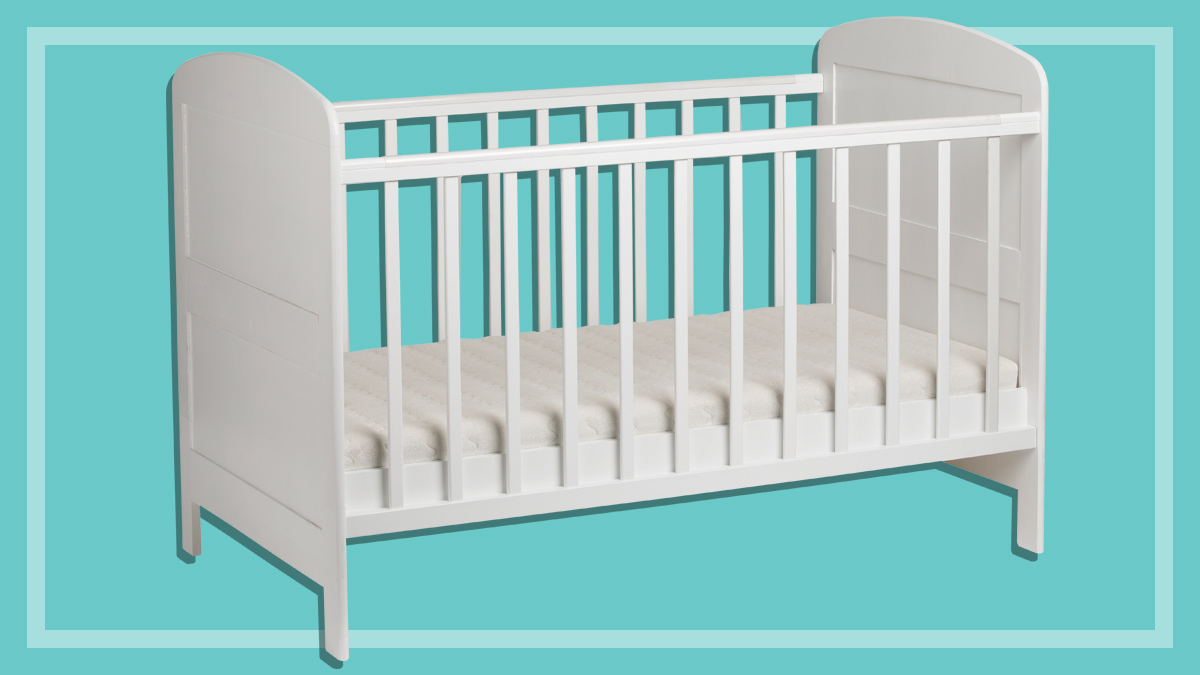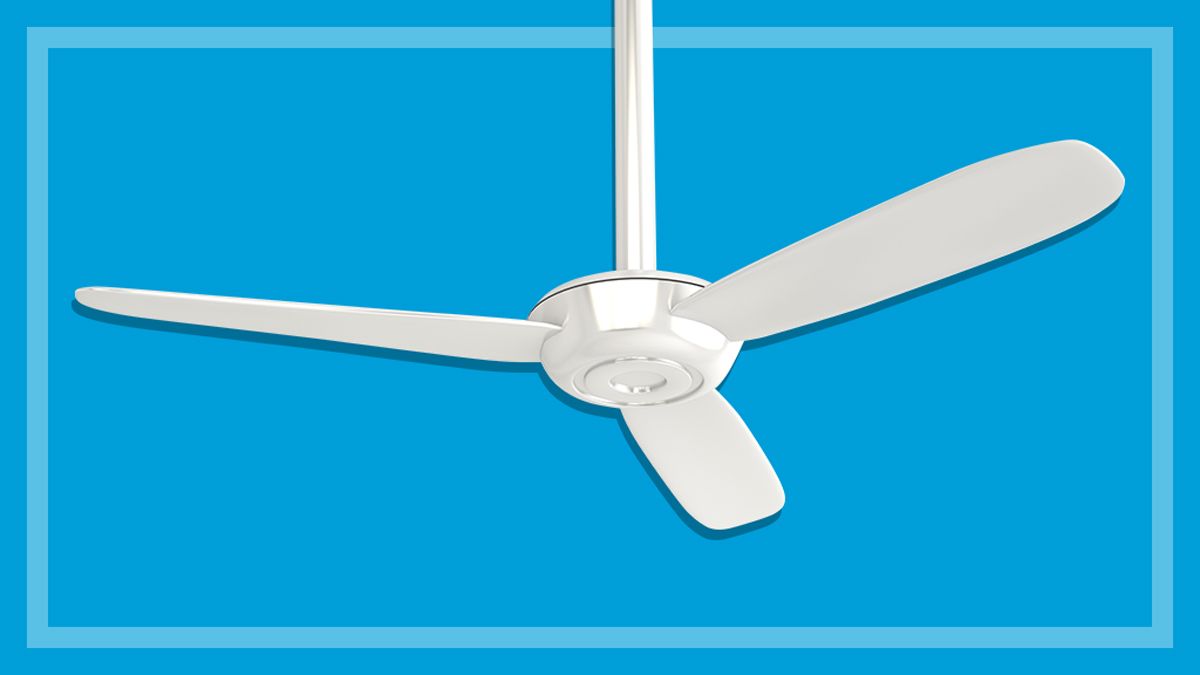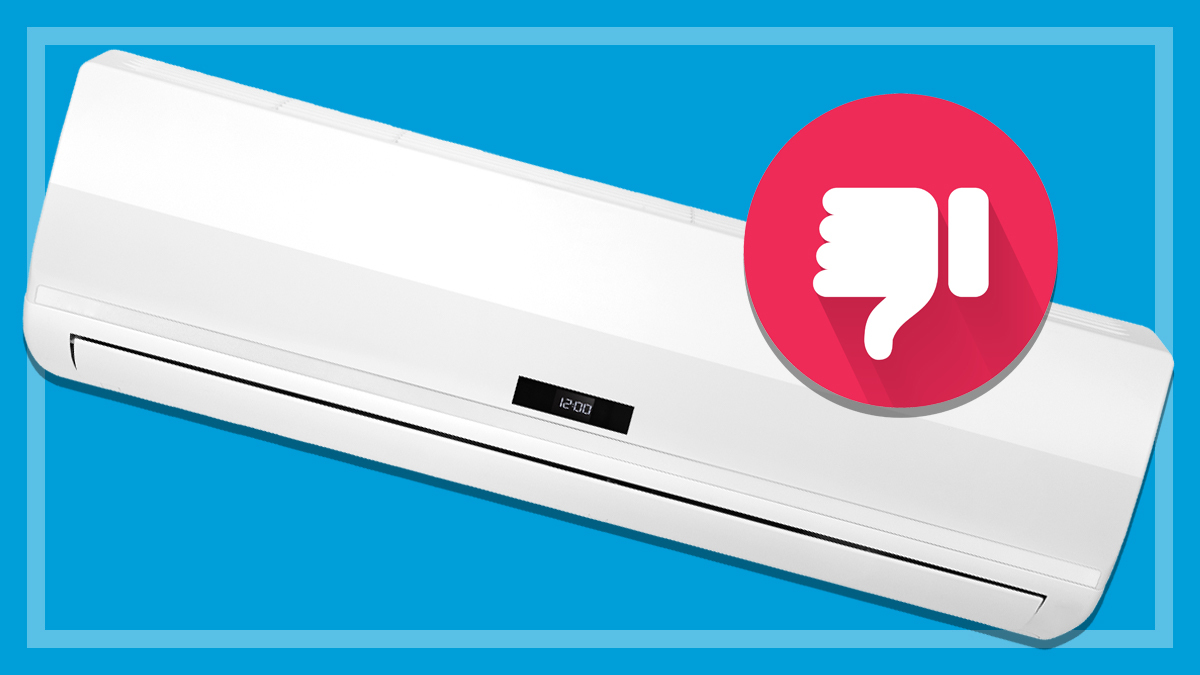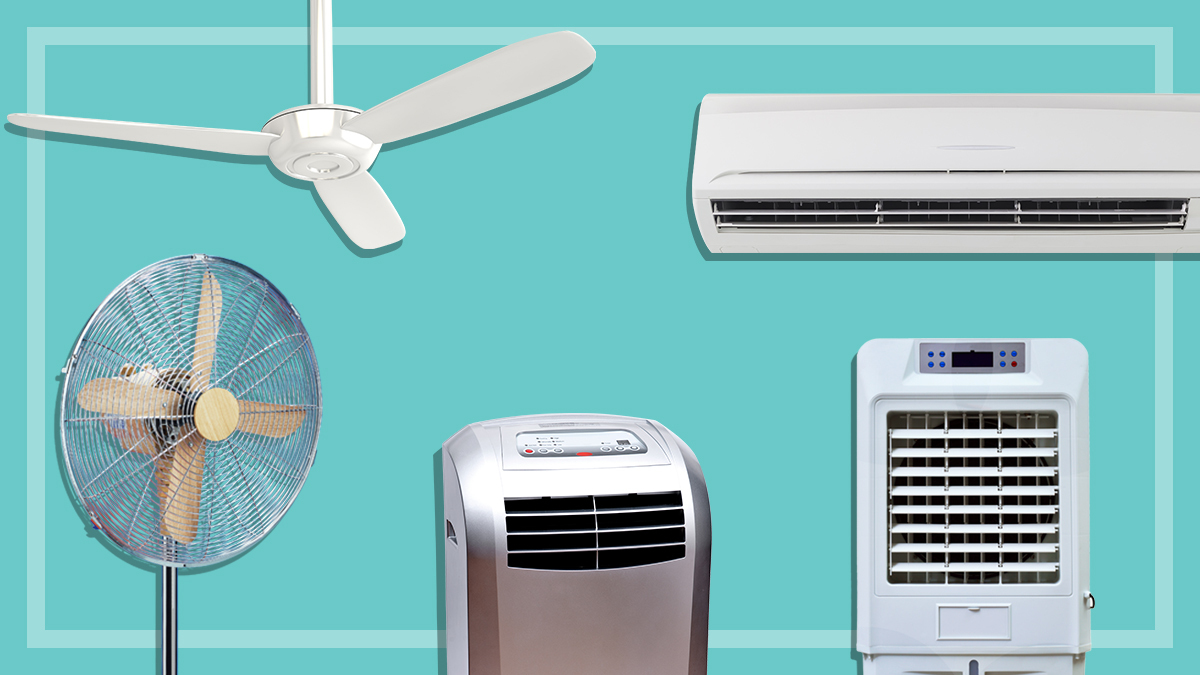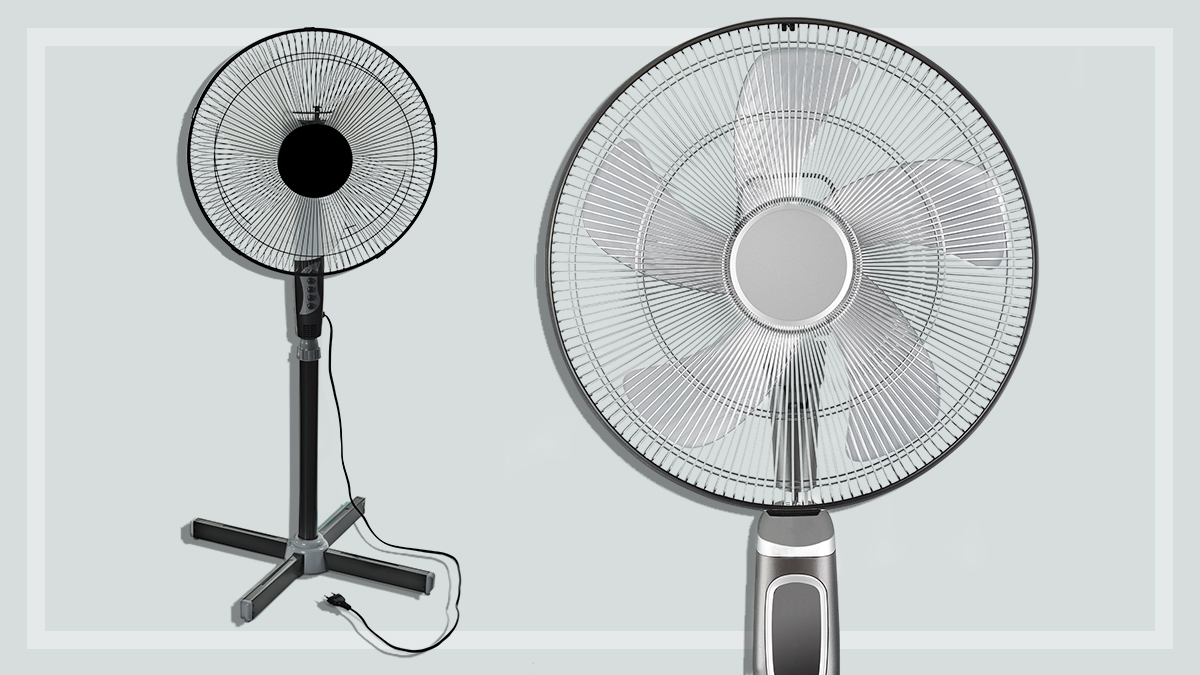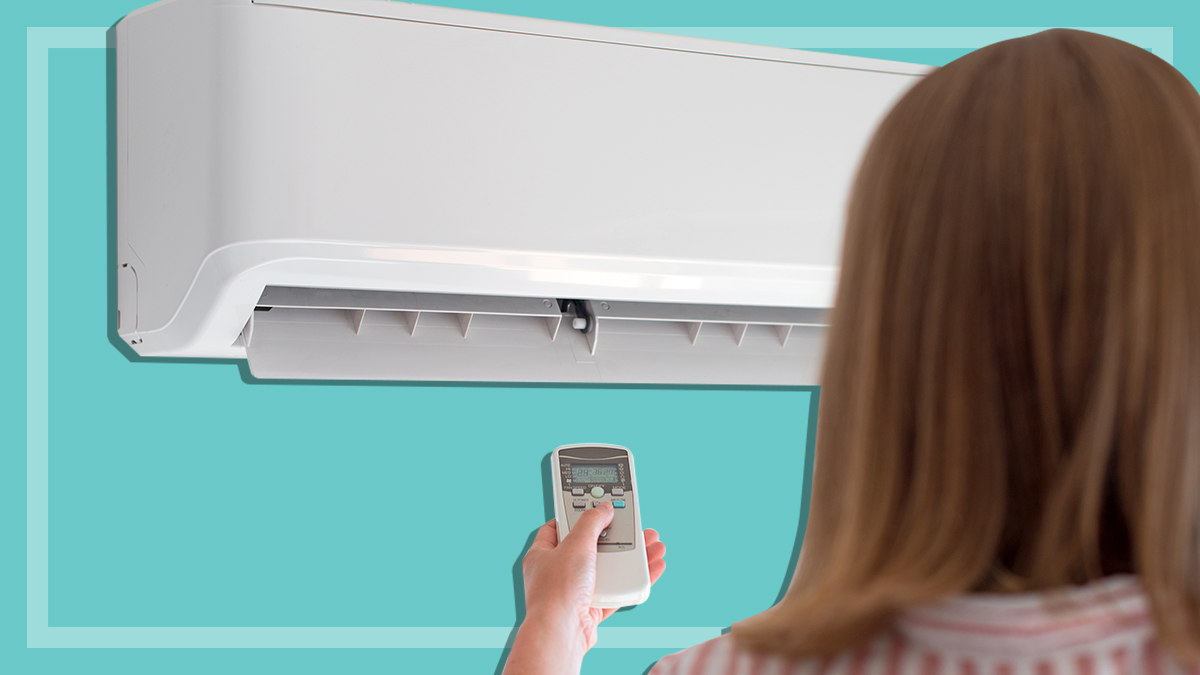Get our independent lab tests, expert reviews and honest advice.
Do humidifiers help with colds and allergies?
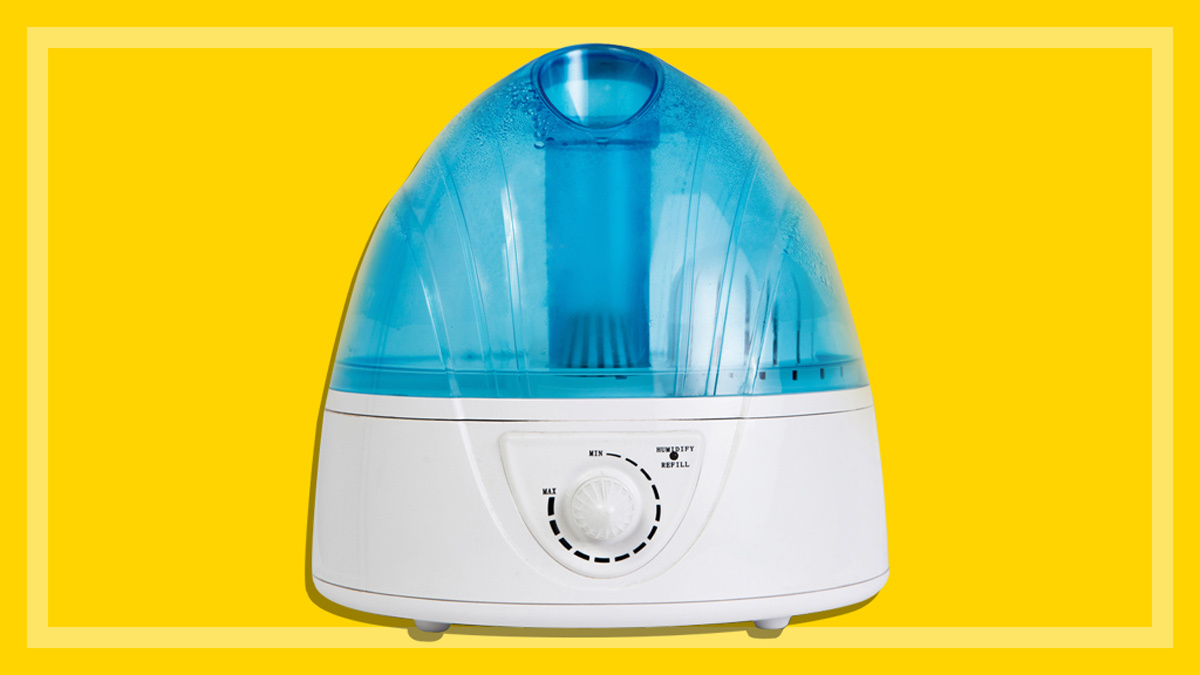
Need to know
- Many manufacturers claim humidifiers can help prevent the spread of illness and allergies
- Some experts say there's little scientific evidence supporting these claims
- Babies or little kids can burn themselves on warm mist humidifiers, and there are risks if they're not cleaned properly
On this page:
- Why humidity levels matter
- Do humidifiers work?
- Do humidifiers help babies sleep better?
- What are the dangers of using a humidifier?
Your skin’s dry, your eyes are itchy and you’re pretty sure you can feel a cold coming on. Unfortunately, the colder months are notorious for dry air and those not-so-fun winter bugs.
Enter the home humidifier: a device that not only helps maintain moisture in a room, but that manufacturers claim can ease all of the above. Chapped lips? Sure! Allergy and asthma symptoms? Yep! Helping prevent the spread of cold and flu? You bet!
But do humidifiers work? And what do you need to know about them before buying one? We look at the research, explore the dangers and talk to the experts to find out.
Why humidity levels matter
It’s important to get the balance right with humidity in your home, as there can be adverse health effects with low or high humidity. And figuring out whether you have high or low humidity is a good start, says Oliver.
“The aim of a humidifier is to provide normal humidity levels, so the first thing that people should do is establish if humidity levels are low,” he explains. “If the levels aren’t low, there’s no need for a humidifier.
High humidity promotes mould, bacteria and house dust mites
“On the flip side, high humidity or ‘over-humidification’ for long periods promotes moulds and bacteria to grow, and house dust mites – and leads to a damp environment for prolonged periods. Everyone with significant exposure to that environment is likely to suffer but the young, elderly and people with pre-existing medical conditions (especially respiratory conditions) are likely to have worse overall symptoms.”
Do humidifiers work?
The health claims aren’t supported by evidence either, says Dr Brian Oliver, an infectious diseases and respiratory researcher and associate professor at the University of Technology’s School of Life Sciences in Sydney.
“The problem is that a lot of the claims are made by people with a financial interest in selling humidifiers, and they’re not really made from scientific investigation,” he says.
Do they help with asthma or allergy symptoms?
There have been a number of clinical trials looking at the effects of humidifiers on asthma, but again the evidence is limited. Not surprisingly, Asthma Australia neither recommends them or endorses them.
“While some individuals may find relief using these, we don’t openly recommend them.”
However, National Asthma Council Australia chief executive, Siobhan Brophy, says there may be benefits.
“Very dry air increases the chances of catching viruses like the common cold or even the flu, which can be serious asthma triggers,” she says. “Humidifiers can help people living in dry environments to maintain comfortable humidity levels in their home.”
As for allergies? Oliver says there’s no evidence humidifiers help. “You’re either allergic or you’re not and whether you’re in a humid environment or not is not really going to make a difference,” he says.
Do humidifiers help babies sleep better?
Parenting forums are full of mums and dads extolling the virtues of the humidifier and claims that it helps little ones get to sleep, but Oliver says, again, there’s no evidence he knows of that these devices help a child sleep better or for longer.
“As parents I think we latch on to anything we think makes our kids sleep better,” he says.
“Maybe some kids sleep better with the hum of a humidifier, but whether a humidified environment makes a kid sleep better or not – I don’t think there’s any evidence for it.”
What are the dangers of using a humidifier?
As you would expect, there are risks with using a device that boils water or emits steam such as a warm mist humidifier – especially if you have babies or little kids that could touch it or pull it down on top of them. “There is a risk of a child burning themselves,” confirms Oliver.
Other risks aren’t as obvious – like if you’re not vigilant about cleaning your humidifier.
“If you’re using a humidifier that emits a mist through mechanical means, anything that’s in the water will be aerosolised into the mist – and if people don’t clean their humidifier and there’s water left in there for weeks on end, bugs start to grow,” says Oliver.
“Imagine what would happen if you left a glass of water on your desk for six months and then started drinking from it? It’s likely that some very undesirable bugs have started to grow and you might get quite sick.
An important part of owning a humidifier is maintenance. Clean the filter when required and change the water regularly.
What does low and high humidity look like?
According to the National Asthma Council, the ideal indoor humidity range is between 30 and 50%. You can buy a humidity meter or ‘hygrometer’ from a hardware store to check the humidity in your home, but there are also some tell-tale signs.
Signs of low humidity
If humidity is under 40%, there may be more static electricity in the air, and you may suffer from dry skin, eye irritation, nasal dryness and allergy symptoms.
Signs of high humidity
If the humidity in your home is over 60 or 70%, there may be condensation on windows, wet patches on walls, a musty smell, mould in the bathroom and dust mites. Dust mites, along with mould, are two common triggers for asthma and allergy.
What about dehumidifiers and vaporisers?
Although vaporisers basically do the same thing as warm mist humidifiers, they’re not quite the same. A vaporiser is designed to heat and evaporate substances, so it’s often used with essential oils or menthol.
Dehumidifers work in the opposite way to a humidifier. If the humidity in your home is too high, a dehumidifier can remove excess moisture from the air, making it an option if you’re looking to reduce mould and mildew in your home.
What to do if you have a dodgy humidifier
The Therapeutic Goods Administration (TGA) says it’s not aware of any issues with humidifiers and consumer use in Australia, but if you experience issues with a humidifier that’s included in the Australian Register of Therapeutic Goods (ARTG), you should report the event to the TGA through its website.
And if you have a safety issue with a humidifier that’s not on the ARTG, you should report it to the Australian Competition and Consumer Commission (ACCC) via Product Safety Australia.

